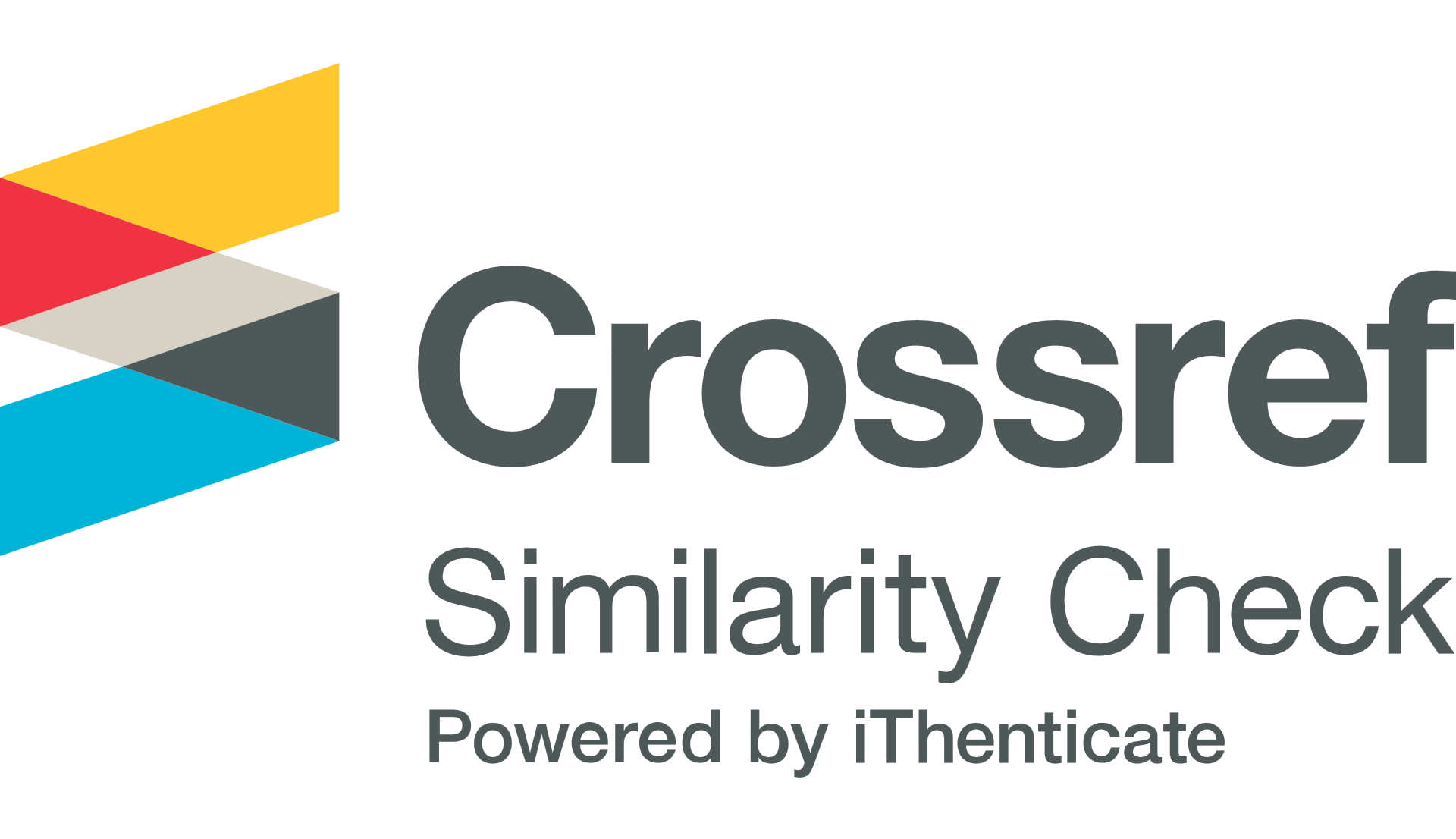From Auschwitz to Gaza: The Representation of Collective Trauma in Sexton's and Darwish's Poems
Abstract
The representation of collective trauma in literature can be a powerful tool for voicing people's suffering. However, it can also be weaponized and commercialized for political and cultural gain. Thus, this paper compares the depiction of collective trauma in Anne Sexton's "After Auschwitz" and Mahmood Darwish's "Silence for Gaza." Using Anne Rothes concept of popular trauma culture (2011) as a theoretical framework. The study explores how the Holocaust and the conflict in Gaza are portrayed in literature. It highlights how collective trauma is marketed and consumed in popular culture. Through textual analysis, the paper concludes that Sexton's approach to representing collective trauma contrasts with that of Darwish. While Sexton romanticizes suffering by offering a grotesque and sentimental imagery, Darwish condemns such a notion and offers an authentic lived traumatic experience that represents the suffering of Palestinians. Ultimately, the paper emphasizes that while it is essential for poets to voice collective trauma, there is a pressing need for a more ethical and respectful approach to representing trauma in media. The study underscores the urgency for unbiased representation of war victims, without using their suffering to propagate emotional, material and political agendas.


